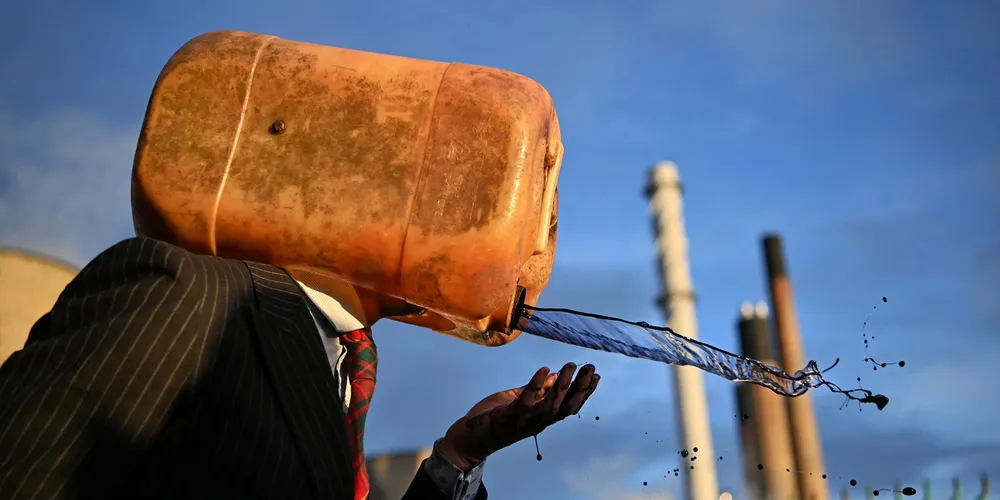'COP26 shows that Big Oil's energy transition plans are not yet trusted'
OPINION | Unwelcome at the UN climate summit, the industry still has a mountain to climb to convince the general public it is genuine about the shift to lower carbon

OPINION | Unwelcome at the UN climate summit, the industry still has a mountain to climb to convince the general public it is genuine about the shift to lower carbon
